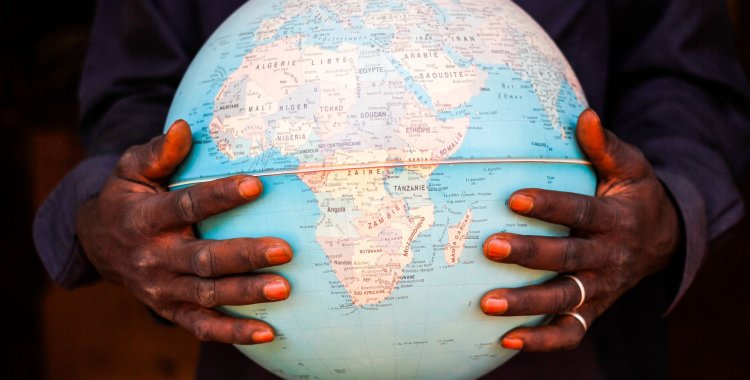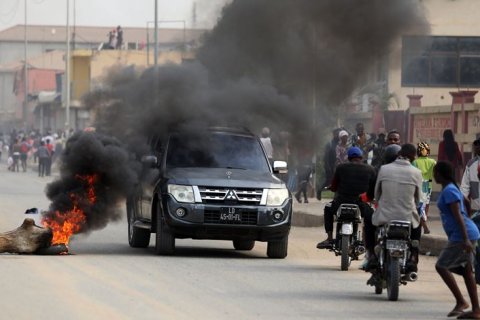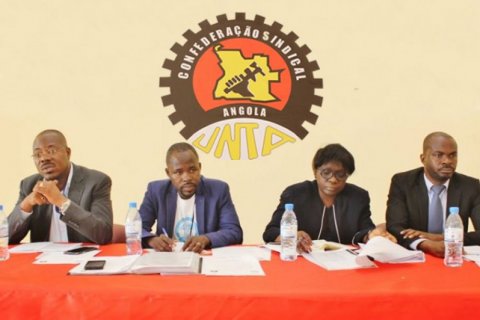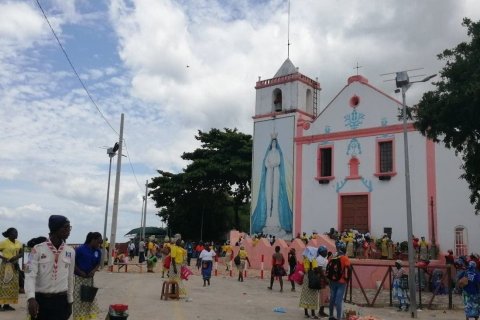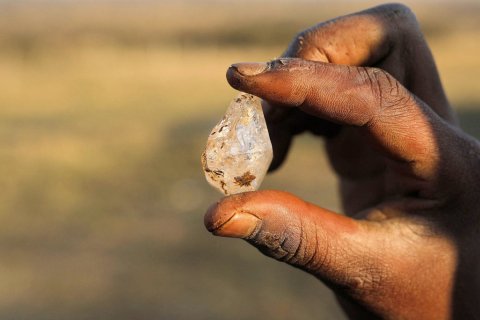"We will continue to see Russia expand its influence in Africa because it finds available partners there, being more isolated, Russia will try to maximize all the support it can get", said Joseph Siegle, responsible for the research program at CAEE, an institution linked to the US Department of Defense and directed to studies on security issues in Africa.
Joseph Siegle considers that this "is a period of testing and introspection" on relations between Africa and Russia, also serving as a warning, "a clear demonstration that Russia is not governed by the rules of the rule of law".
"The deepening of relations between African countries and Russia has a high level of risk, we have seen that these relations are normally at the elite level, it is not about Russian investment in Africa, which represents less than 1 percent of foreign investment. direct, lower than in Mauritius", he observed.
According to the expert, "what Russia has done is to co-opt the leaders of the elites, who are vulnerable, lack legitimacy and are often isolated" and, "for this reason, they welcome Russian support", at the political and of defense.
However, he stressed, Russia is not a great economic potentate that will help these countries deal with their economic challenges as the Russian economy has been in decline.
"Russia's attractiveness will decrease, except for leaders who want to develop a relationship based on patronage", considered the head of the CAEE.
In the case of Angola, which remains close to Russia and China, relations with the West have been "floating", but the expert believes that the door remains open if the country wants to build stronger ties with the Western world.
"Both ex-president José Eduardo dos Santos and João Lourenço were reluctant to fully engage with the West, I think it is up to Angola to determine where this relationship will lead", stressed Siegle, adding that a Greater engagement with the West also requires "more transparency and commitment to the rule of law, in contractual terms, and at the level of cooperation raising international standards".
For Joseph Siegle, the impact of the conflict on fuel prices can also be an opportunity for Africa to deepen its partnerships and trade relations with Europe, the United States of America or other countries that now play a secondary role, but it is necessary to increase the investor confidence.
"Western investors need to have confidence that there will be stability in Angola, stability in terms of laws and respect for the rule of law, because these are long-term investments and, at the moment, it is not clear whether João Lourenço's executive is fully committed to it," he said.
The researcher also pointed to changes in energy markets, with a tendency to move away from hydrocarbons in favor of renewable energies, as another challenge.
"African countries rich in hydrocarbons cannot assume that the world will continue to come to them. In the short term, there is excess demand, but in the medium and long term it will decline and suppliers should continue to be an attractive partner", he declared.
Angola, where European ambassadors publicly expressed their solidarity with Ukraine, was one of the 35 countries that abstained from voting on the UN resolution condemning the Russian invasion and which had the support of 141 of the 193 Member States of the United Nations, including Portugal.
Joseph Siegle stressed that African countries are not only divided into two camps in their relationship with Russia, and that is why they expressed themselves differently.
Some strongly aligned with Russia, especially those most dependent in military terms, supported and will continue to support the country, others have followed a more independent path in a logic of non-alignment, others have joined the international condemnation.
"African countries shouldn't have to choose sides and they don't need to, it's perfectly reasonable that they have multiple external partners, because they have different interests what vision they have for the world, for Africa, for the world order", added the researcher.
On February 24, Russia launched a military offensive in Ukraine that has already caused at least 726 deaths and more than 1,170 injuries, including a few dozen children, and caused the flight of about 4.8 million people, including three million to neighboring countries, according to the latest UN data.
The Russian invasion was condemned by the generality of the international community, which responded by sending weapons to Ukraine and reinforcing economic and political sanctions on Moscow.

